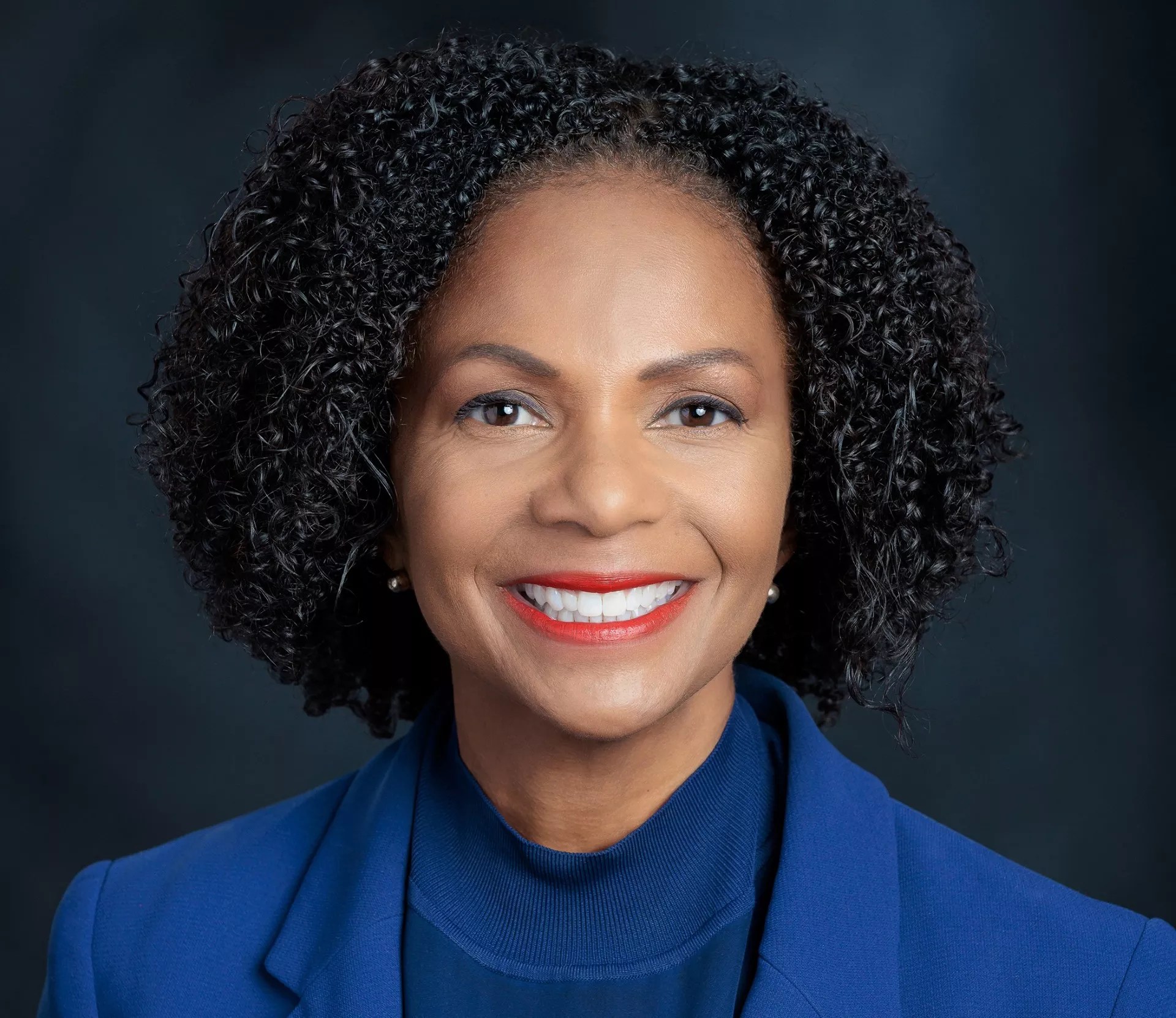
RTD

Audio By Carbonatix
Debra Johnson runs the Regional Transportation District, one of the largest transit agencies by geographic area in the country, as its general manager and CEO.
Johnson came to RTD in August 2020, during the COVID-19 pandemic, which tanked ridership and decreased RTD’s services. Since then, recovery has been slow, with ridership still not reaching pre-pandemic levels.
When you couple that with the need to rebuild RTD’s downtown light rail system for the first time since the tracks opened thirty years ago, Johnson hasn’t had an easy time on the job. In 2024, she faced problems with a controversial new RTD police chief who was eventually fired after speeding on the job, among other things. That police chief has now sued the agency, alleging he faced racial discrimination on the job. And he’s one of several senior leaders who’ve left, citing Johnson as at least part of the reason.
Plenty of other critics have asserted that RTD is on the wrong track, particularly in cases of customer experience and transparency. But Johnson keeps moving.
“Our mission is to make lives better through connections, and we recognize that there’s always room for improvement,” she says. In 2025, Johnson plans to focus on RTD’s Strategic Initiatives: back to basics, people power, welcoming transit environment, and customer and community connections.
Basic to basics covers the light rail updates and other needed physical improvements for the RTD system, along with making the agency’s internal systems seamless. To do anything, RTD needs a strong labor force, so people power is all about recruiting and retaining that workforce. “We won’t be able to deliver on our core business if we don’t have the people on the front lines that are actually maintaining our infrastructure, our facilities, our vehicles, and individuals that can actually operate them,” Johnson notes.
In 2025, Johnson hopes to hire more people so that RTD can increase headway times – the industry term for frequency of service – on existing routes. But she says that she also wants to elevate and honor RTD employees who have chosen to serve the public even when it isn’t easy.
RTD has often faced criticism over a lack of safety on vehicles and at stations, particularly Union Station in downtown Denver. To deal with those concerns, RTD is focusing on eliminating crime on RTD property as well as reinforcing RTD’s Code of Conduct, designed to protect operators and passengers. “What we’re trying to do is improve our community – as well as our employee – perception of one’s personal and public security on all of RTD’s buses and trains, our paratransit vehicles, our stations,” Johnson says.
Finally, RTD is trying to improve the customer experience.
To make all of these initiatives successful, Johnson is encouraging employees to view each other as pieces of a jigsaw puzzle. “While there are different shapes and sizes to the puzzle pieces, that box-top cover will never be realized if those pieces aren’t in place,” she says.
Strong support for Ballot Issue 7A, which allowed much of RTD’s funding to remain exempt from Taxpayer’s Bill of Rights limits, shows RTD’s value to the community, Johnson suggests; she wants to prove to the more than 71 percent of voters who supported the initiative last year that they were right to do so.
“We want to ensure that individuals know that we are good fiduciaries of their dollars and we are using those sales and use taxes to feed into our system to provide mobility options and leverage programs for the betterment of the constituencies that we serve,” Johnson says.
An accomplishment from 2024 that exemplifies RTD’s commitment to being innovative with resources is the Zero Fare for Youth initiative, which allows those ages nineteen and younger to ride RTD for free, Johnson says. Looking ahead, RTD is bringing back some pre-pandemic rail services this month.
RTD is also bringing on a largely new board. Of the fifteen RTD directors, who are elected by constituents, seven will be new. Johnson plans to give the new boardmembers the resources they need to collaborate on RTD’s strategic initiatives.
“It’s a partnership, and while the board may set policy and the team and I implement it, there’s always going to be some shades of gray going forward,” she says. “These individuals ran because they are committed and passionate about transit service and they are hearing directly from their constituents. … We all want to ensure that the customer is having an enriched experience on our services, and we want people to be able to ride the system without concern or any trepidation or angst about whether or not they’re going to be safe and secure.”
Johnson believes she is the right person for the task, and apparently the outgoing board does, too: It just extended her contract through 2027 and gave her a 5 percent raise, making her annual salary a whopping $421,878.